"The Taiwan question, democracy and human rights, China’s path and system, and China’s development right are four red lines for China. They must not be challenged. These are the most important guardrails and safety nets for China-US relations," Xi Jinping said, as quoted by the Chinese Foreign Ministry.
Xi Jinping told Joe Biden in Lima that peace on both sides of the Taiwan Strait and separatism were as incompatible as fire and water, the Chinese Foreign Ministry said.
"President Xi stressed that cross-Strait peace and stability and 'Taiwan independence' separatist activities are irreconcilable as water and fire. If the US side cares about maintaining peace across the Taiwan Strait, it is crucial that it sees clearly the true nature of Lai Ching-te and the DPP authorities in seeking 'Taiwan independence,' handles the Taiwan question with extra prudence, unequivocally opposes 'Taiwan independence,' and supports China’s peaceful reunification," the ministry said.
China's commitment to mutual respect and peaceful coexistence as principles for the development of China-US relations remains unchanged, Chinese President Xi Jinping said.
"China’s goal of a stable, healthy and sustainable China-U.S. relationship remains unchanged. Its commitment to mutual respect, peaceful coexistence and win-win cooperation as principles for handling China-US relations remains unchanged. Its position of resolutely safeguarding China’s sovereignty, security and development interests remains unchanged," Xi said, as quoted by the Chinese Foreign Ministry.
Today, humanity is facing unprecedented challenges, and major power rivalry should not be the underlying logic of this era, Xi Jinping said.
"Humanity is faced with unprecedented challenges in this turbulent world suffering from frequent conflicts. Major-country competition should not be the underlying logic of the times; only solidarity and cooperation can help humanity overcome current difficulties," Xi Jinping said, as quoted by China Central Television.
If China and the United States view each other as enemies, their relations will regress, the Chinese leader said.
"When the two countries treat each other as partner and seek common ground while shelving differences, their relationship will make considerable progress," Xi noted.
If the US says one thing and does another, it will undermine trust between Beijing and Washington, he noted.
"As two major countries, neither China nor the United States should seek to remodel the other according to one’s own will, suppress the other from the so-called 'position of strength,' or deprive the other of the legitimate right to development so as to maintain its leading status," Xi said.
The meeting of the two leaders took place on the sidelines of the Asia-Pacific Economic Cooperation (APEC) summit in Lima, Peru.
Official relations between the central government of China and its island province were severed in 1949 after Kuomintang forces lost a civil war to the Chinese Communist Party and moved to the island. Business and informal contacts between Taipei and Beijing resumed in the late 1980s. Since the early 1990s, they have engaged through non-governmental organizations, including the Beijing-based Association for Relations Across the Taiwan Strait and the Taipei-based Straits Exchange Foundation.
Beijing considers Taiwan to be an integral part of China, and adherence to the 'One China' principle is a mandatory condition for other countries wishing to establish or maintain diplomatic relations with China. The United States officially adheres to the One China policy and does not recognize Taiwan's independence, despite supplying weapons to the island. Beijing describes Taiwan as the most sensitive issue in its relations with Washington.

 5 months ago
38
5 months ago
38
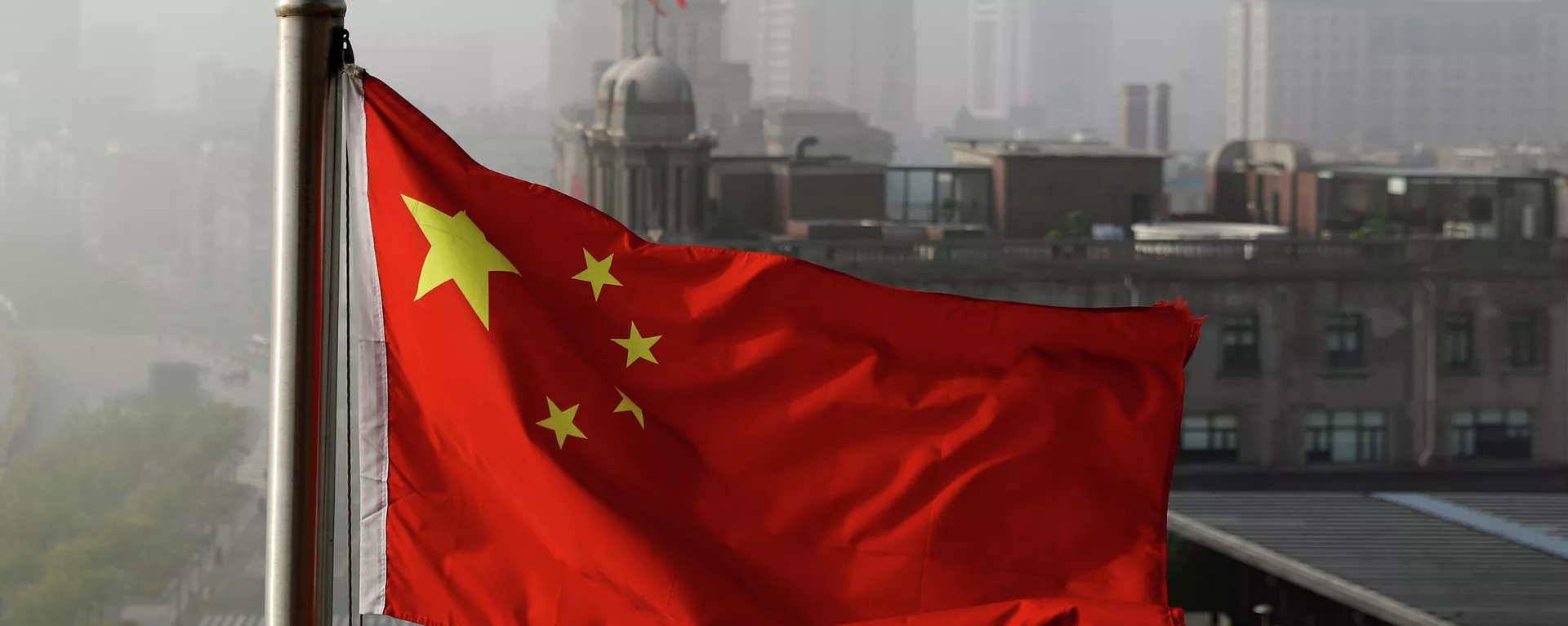

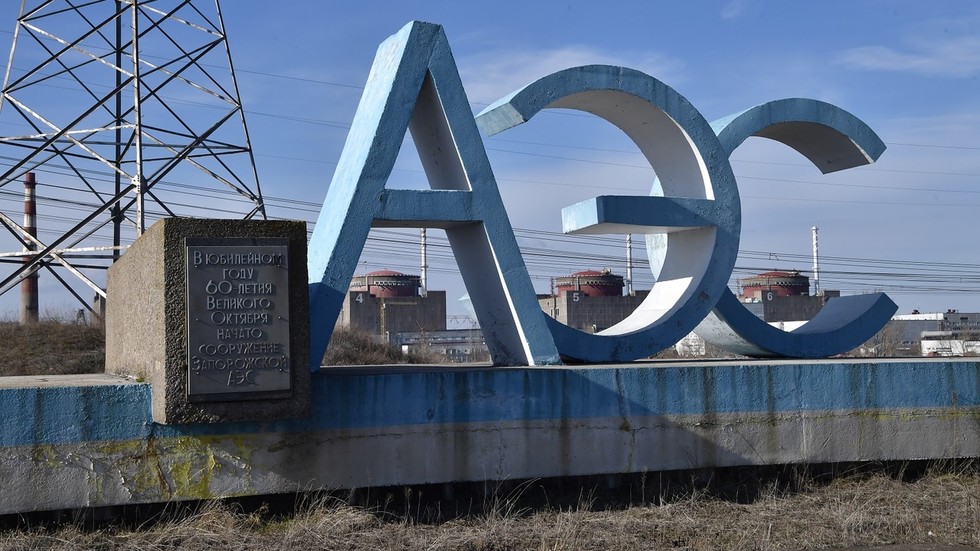
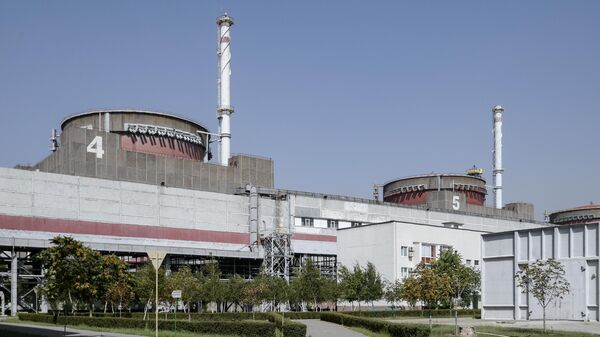
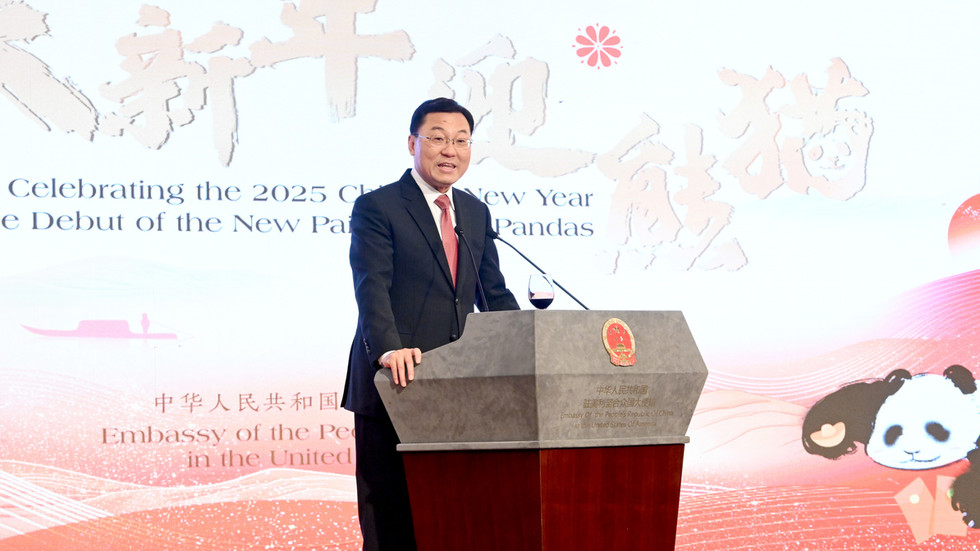

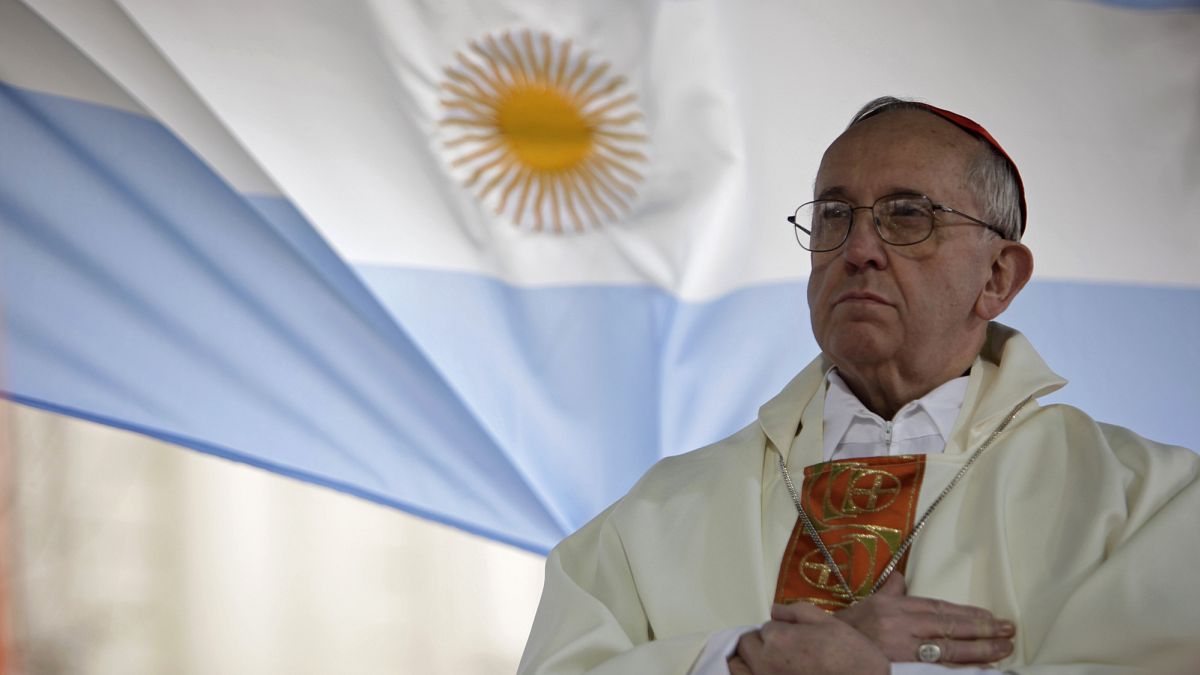
 We deliver critical software at unparalleled value and speed to help your business thrive
We deliver critical software at unparalleled value and speed to help your business thrive






 English (US) ·
English (US) ·